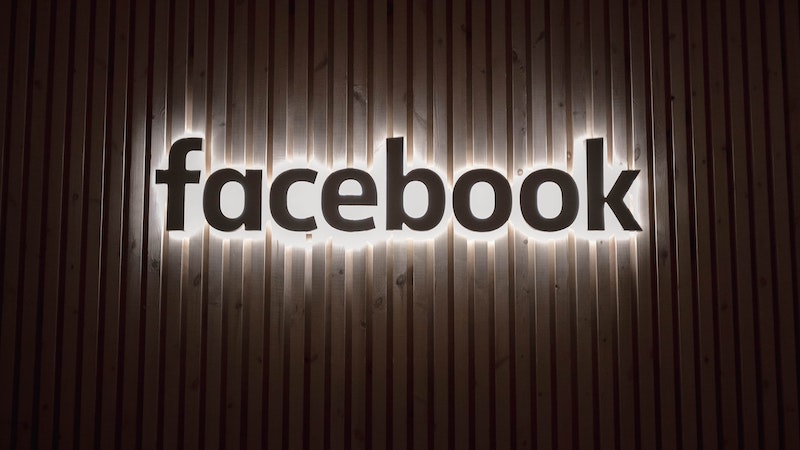Hatespeech and fake news are probably the two most troublesome problems for Facebook. In France, the organization Reporters Without Borders has now filed a lawsuit that could prove expensive for the tech company.
Hatespeech on Facebook is a central point of criticism
Now Reporters Without Borders has also lost patience with Facebook. In France, the organization is taking action against the tech company for “deceptive business practices in dealing with hate speech and disinformation.”
Reporters Without Borders said in a statement about its lawsuit filed with the Paris prosecutor’s office: Facebook is in violation of a “legally binding promise” to provide its users with a “safe” digital environment.
Facebook had allowed “false information in the context of the Covid 19 pandemic, as well as hate comments and threats against media professionals, to spread unhindered.”
Fake news remained online “in some cases months after publication without labeling or classification” – where it could spread unhindered. Hate speech would also not be removed “despite its potential impact on the safety of journalists.”
Consumer protection is the focus
The basis for Reporters Without Borders’ lawsuit is French consumer protection criminal law. Violations of consumer protection in France are punishable by substantial fines or even imprisonment.
A business practice is considered fraudulent here “if it is based on false claims, statements or representations or is likely to mislead.” This law could cost Facebook dearly, as a fine could be up to ten percent of annual revenue.
Facebook washes its hands of the matter
The Spiegel quotes from a statement by Facebook. The social network has “zero tolerance for harmful content.” It says it invests heavily in “combating hate speech and misinformation.”
Facebook says it has tripled the size of its own security teams in recent years to 35,000 employees. It also says it has developed AI-based solutions to “proactively find and remove harmful content.”
Moderator guidelines speak a different language
But the removal of this harmful content apparently doesn’t apply to public figures. Facebook’s bullying and harassment policy allows them to be targeted in ways that are normally prohibited.
The Guardian quotes from moderator guidelines of more than 300 pages, dating back to December 2020. In them, Facebook describes in detail how to distinguish between protections for private individuals and public figures.
Accordingly, public figures are permissible targets for certain types of abuse. In doing so, Facebook said it wants to “enable discussion.”
Facebook allows call to death
However, Facebook is thus primarily enabling the spread of hate and incitement. Because according to the guidelines, users are also allowed to call for the death of a public person – as long as that person is not tagged in the post.
This includes content that “praises, celebrates or mocks their death or serious bodily injury.”
Facebook’s definition of public figures is quite broad. This includes all politicians, regardless of the level of government, and also journalists who “write publicly” or “speak publicly.”
Even a little Insta-fame is enough to be counted as a public figure by Facebook. If you have 100,000 fans or followers, you’re in.










